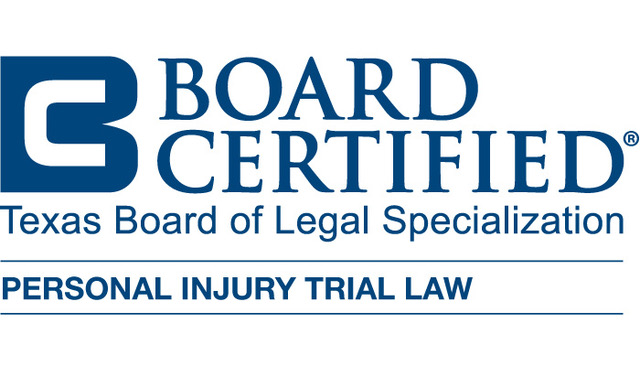Overserving Liability
If you or a loved one were injured in an collision with a drunk driver, liability for the accident may reach beyond the drunk driver involve. The Texas Dram Shop Act outlines liability in the event that an establishment or social host provides alcohol to guests, and an intoxicated guest causes injuries or damages. The law dictates that establishments may not continue to serve alcoholic beverages to visibly intoxicated patrons, and they must also prevent visibly intoxicated individuals from driving away from the establishment.
Why These Laws Are Important
In Texas, you can file a lawsuit against an intoxicated person who causes injuries or other damages. However, dram shop laws allow you to also take legal action against other parties, depending on the situation. If a bar or restaurant patron is overserved, then proceed to drive their vehicle and injure or kill someone, that bar or restaurant could be liable for those deaths or injuries.
Dram shop laws also apply to social events at private residences. Hosts who serve alcohol and allow them to drive may find themselves liable as well.
Ultimately, vendors who sell alcohol are also liable for supplying alcohol to minors under the legal drinking age not only face liability under Texas’ dram shop laws, but also face criminal liability for serving alcohol to minors. Vendors who serve alcohol to visibly intoxicated patrons potentially face liability both for injuries suffered by those patrons and other individuals who suffer injuries due to the actions of those intoxicated patrons.
Damages in Dram Shop and Social Host Lawsuits
A lawsuit for a dram shop law violation or social host negligence will follow the typical format of a personal injury lawsuit. The plaintiff must establish that the defendant owed the plaintiff a duty of care in the given situation but failed to meet or uphold that duty. Generally, this requires proving that another reasonable individual in the same situation would have acted differently. The plaintiff must also provide evidence of actual harm. If the defendant was negligent but the plaintiff suffered no measurable harm, there is no claim.
Plaintiffs who succeed in their lawsuits can collect several types of compensation for their damages, including:
- Medical expenses. The plaintiff can secure compensation for the cost of any necessary medical treatment resulting from the defendant’s negligence.
- Pain and suffering. Texas state law allows plaintiffs to claim compensation for their physical pain and mental anguish resulting from negligent injuries.
- Lost income. If an injury prevents the plaintiff from returning to work for an extended time, the plaintiff can sue for the wages lost in that time.
- Property damage. If the defendant’s actions caused any damage to the plaintiff’s personal property, the plaintiff can claim compensation for the cost of replacing or repairing the damaged property.
If you have suffered an injury due to the actions of an intoxicated individual and you believe Texas’ dram shop laws apply in your case, contact the Law Offices of Tom Hall today. Our attorneys offer new clients in the Fort Worth, Texas, area free initial consultations. Meet with one of our attorneys to discuss your dram shop case, and we will let you know how our team can help.







